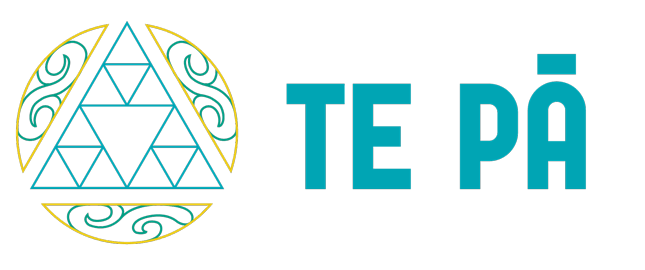Henare is a warm, friendly guy in his early-50’s who laughs easily and often. Son to “the most wonderful and loving parents”, big brother to five siblings, beloved dad to eight kids including three whāngai, and proud koro to 22 mokopuna; he’s a hard worker with a big heart, who is deeply immersed in his culture.
Henare is also a “501”, deported from Australia after a period of incarceration, having been deemed of unfit character under Section 501 of Australia’s Migration Act.
Whanaungatanga, a sense of connection and belonging, is ingrained in Henare and he builds whānau wherever he goes. He even found whānau in prison: being somewhat ironically reminded of the inherent goodness in human beings by his cellmate, who, destined to spend the rest of his life in prison, chooses to demonstrate his strength not by picking a fight with the biggest, hardest inmate, but by welcoming each newcomer to the prison with words of encouragement and offers of support. Henare, who has always tried to help others himself, holds this example of strength and mana close to his heart, as a demonstration of wisdom and grace in a time of great adversity. And Henare has experienced more than his own share of that.
Losing his wife to cancer when the kids were still young was a huge blow, and together in the following years their whānau bond grew even stronger. So, after being released to a detention centre and awaiting his return to Aotearoa, Henare knew that leaving his kids and mokopuna in Australia was going to be tough. But he was comforted by the thought of all the siblings and wider whānau that he would be surrounded with in Aotearoa and the strength to move forward that this would provide him.
It was not until Henare arrived in Auckland that he discovered he would be subject to specific release conditions for a further 12 months that would make staying with whānau impossible. He was confused. Surely he had already done his time? Why had no-one told him that a whole new punishment would await him in Aotearoa?
Having to deal with the blow of this new reality while in two-week isolation due to the pandemic was overwhelming for someone whose energy is replenished through human connection, and in those two weeks Henare’s usually buoyant spirits plummeted. With time and worry his only companions, his mind took him back to childhood trauma that he thought he had long since dealt with.
It was during this period of isolation and pain that Henare met his PARS support worker. He was at an all-time low, and they comforted him, saying, “we are here to awhi you”. While they helped deal with all of the logistics of reintegration, he says, “they always offered comfort before advice”, and that was exactly the type of support he needed.
Along with the counselling sessions he is having with a psychologist, PARS is helping Henare to piece his life back together, “step by step, day by day, week by week.” While it is too soon to think too far into the future, he is inspired by his old cellmate’s example that there is always “a reason to live, and a reason to give”.
Henare is the embodiment of PARS’ vision of providing a “living, thriving ecology of care that heals, restores and transforms”.
His support worker says he focusses on moving on with his life, resetting his future here in Aotearoa and remaining positive, and he also gives freely of his time in providing support to other deportees. In PARS, Henare has found whānau once more.

